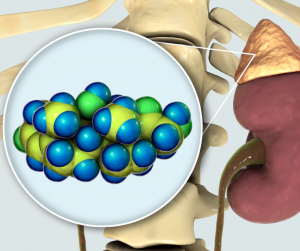Slow what?
The concept of the “slow tiger” might sound unusual, but it’s a notion worth exploring. I recently discovered it through a conversation with my teenage daughter. After her exhilarating ballet solo performance, she experienced a mix of relief and excitement, which piqued my curiosity. This concept, originating from Tumblr (note: some explicit language may be present if you decide to look it up), mentions how our stress responses have evolved and our challenges in the modern world. Now, the post itself isn’t necessarily life-changing, but the idea was interesting, and I thought “slow tiger” aptly describes the registry exams we have to take.
Evolution of Stress Responses
In times long gone, stress meant facing a literal tiger ready to attack. Our “fight or flight” response was perfectly suited for this brief, life-threatening encounter. It entailed increased heart rate, quickened breathing, slowed digestion, and the release of glucose for energy.

Modern Stressors
Today, the likelihood of encountering such predators or severe stressors in our daily lives is slim. While these situations can still occur, most of us don’t face life-or-death scenarios regularly. However, we now contend with numerous “slow tigers.” These are the everyday stressors like upcoming rent payments, work deadlines, midterm exams, and family emergencies, which continue to trigger our stress responses.
Consequences of Chronic Stress
Chronic stress and the presence of these “slow tigers” have far-reaching consequences. A Harvard article sheds light on the impact of living with chronic stress.
High-Stakes Testing in Sonography: The Registry Exam

One universal “slow tiger” encountered by sonographers is taking a certification examination, a crucial milestone in their careers. Success in the sonography field is significantly dependent on passing these high-stakes tests. Registry exams are offered by the American Registry for Diagnostic Medical Sonography (ARDMS), Cardiovascular Credentialing International (CCI), and the American Registry of Radiologic Technologists (ARRT).
The Physiology of Stress and Tests
According to recent research, having a high-stakes test on the horizon prompts a physiological reaction. Cortisol levels, a chemical marker for stress produced by the adrenal glands, rise by an average of 15 percent. This response has been linked to a moderate drop in standardized test scores. 
For people experiencing hardships outside of studying for the exam, such as poverty, family emergencies, or toxic workplaces, cortisol levels can surge as much as 35 percent. Such levels can disrupt cognitive processes and lead to distorted test scores that do not accurately reflect their knowledge.
The study also identified a small group of students whose cortisol levels dropped steeply during testing season, which may suggest that they experienced an emergency shut-off response to the stress of the exams rather than a more effective means of handling the pressure.
High cortisol responses during tests have been linked to poor performance and stress bias. Prolonged stress exposure can lead to burnout, disengagement, and increased chances of academic failure.
So what can you do to cope with the test tiger?
Effective Stress Management Strategies
 Managing the “test tiger” and reducing stress during high-stakes exams is vital. Here are some strategies to cope with the pressure:
Managing the “test tiger” and reducing stress during high-stakes exams is vital. Here are some strategies to cope with the pressure:
- Start Early: Preparation for high-stakes exams should begin well in advance. If you’re still in school or a new graduate, you’ve been working to this moment. Career sonographers aim to start about 6 months before the test date. Understand the test structure, content, and create a study plan.
- Use Official Resources: Rely on official test prep materials, such as review books, question banks, and practice tests. ESP Ultrasound provides resources that are tailored to the exam’s format and content.
- Set Clear Goals: Define your target score and career objectives. Knowing what you want to achieve will help you stay focused and motivated during your preparation.
- Study Smart: Avoid passive reading. Actively engage with the material through techniques like active recall, spaced repetition, and concept mapping. Consider enrolling in a comprehensive review course.
- Practice, Practice, Practice: Practice exams are your best friends. Simulate test conditions as closely as possible, including time constraints. Analyze your mistakes to identify weak areas for improvement. X-ZONE is a great place to get these practice questions.
- Time Management: Develop a study schedule that allocates time for each section or subject. Include regular breaks and days off to prevent burnout.
- Stay Healthy: A sound mind resides in a healthy body. Maintain a balanced diet, exercise regularly, and get adequate sleep. Try progressive muscle relaxation if you’re struggling to sleep at night. Physical and mental well-being are key to optimal performance.
Test Day Strategies
On the day of the high-stakes exam, these strategies can help minimize stress and increase your chances of success:
- Arrive Early: Aim to arrive at the test center with plenty of time to spare. Account for traffic, parking, and any unforeseen delays.
- Stay Calm: Practice relaxation techniques like deep breathing to keep anxiety in check. Remember that you’ve prepared diligently for this day.

- Read Instructions Carefully: Take your time to understand the instructions for each section of the exam. Misinterpreting directions can lead to costly errors.
- Time Management: Stick to your time allocation for each section. Don’t get stuck on difficult questions; mark them for review and move on. You can return to them if time allows.
- Maintain Focus: Avoid distractions and maintain your concentration. If you find your mind wandering, take a moment to refocus
After the Test
 After completing the exam, consider these essential post-test considerations:
After completing the exam, consider these essential post-test considerations:
- Relax: Give yourself some time to relax and recover. You’ve worked hard, and now it’s time to unwind.
- Score Review: Most exams offer score review options. If you feel there was an error in scoring or have doubts, consider this step.
- Future Planning: Based on your results, plan your next steps. Whether you passed or need to retake the exam, stay committed to your goals.
We’ve explored the “slow tiger” concept, the evolution of stress responses, the consequences of chronic stress, and strategies to cope with high-stakes testing. By understanding and managing the “slow tigers” in our lives, we can face the challenges of modern stress more effectively.



